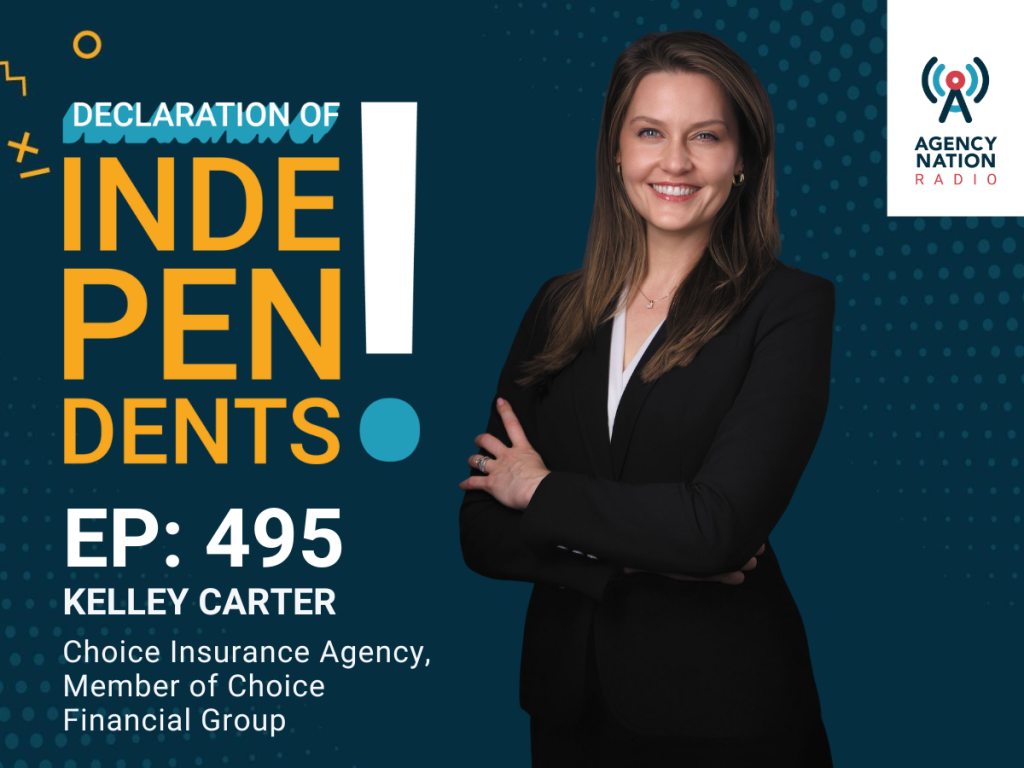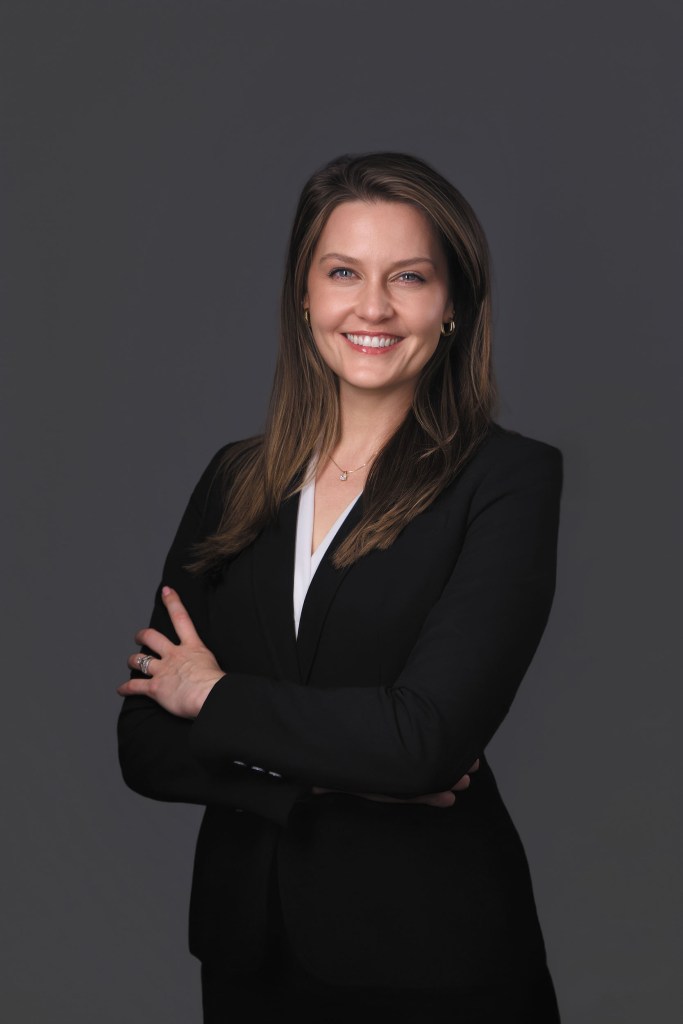Get in the Front Door Selling to Small Business Owners
By: Dan Guveiyian
| Small businesses are the engine that keeps the U.S. economy running, and as insurance agents, we have the opportunity to help them be more successful by writing business owner policies that protect their assets. Whether an entrepreneur is starting a new business, maintaining a seasoned company or even looking for opportunities to transition a business, he or she is often in need of specific coverage that goes beyond a standard commercial policy. Show you understand not just the business, but their business. Having an understanding of the types of insurance small business owners need in general is a given, but take the time to understand your prospect’s specific business or industry. For example, if you’re selling insurance to a pizza shop owner, take measures to show that you understand not just the insurance industry, but the restaurant industry inside and out. Exemplifying this type of industry knowledge is what will make you a trusted advisor, and you’re likely to catch the business owner’s attention faster. You can even be creative with this approach by creating customized collateral, microsites and more; pizzapa.com is a great example.
Build your client base. This can be a challenge when it comes to selling any insurance, but particularly BOPs, because as agents, your prospects are much more niche, especially if you’re taking the time to really understand specific businesses and industries. A face-to-face “cold call” is a great way to establish clients for BOPs because most prospects are working day-to-day in the business, so you can get in front of them easily. Agents can also look at existing commercial lines accounts to identify an opportunity to ask for referrals. Once you’ve chosen your method for building your client list, set goals for approaching those prospects. For example, create a “top 60” list of clients you want to pursue with the goal of quoting 42 of them and closing 28%. If you aren’t hitting your goals as an agent, increase the number of top prospects on your list.
Approach business owners at the right time. To an extent, this step goes hand-in-hand with step one. If you understand a prospect’s business, you should also have a good idea of when that prospect should or shouldn’t be approached. For example, approach contractors in the winter, and avoid retailers during the holiday season. Agents should also ask prospects when they review their insurance so they get a better understanding of when renewal dates will occur, as this is a good opportunity to follow up as well.
Network where small business owners can be found. Business owners typically belong to state, national or local associations and oftentimes, these associations are looking for speakers. As agents take a dive deep into specific industries, they should consider joining any relevant associations and participating in monthly meetings. This presents a great opportunity to network and to potentially speak in front of a large group of prospects.
Be prepared to share examples. Because of the nature of their work, small business owners are going to evaluate the ROI of any investment they make, and that of course holds true for insurance investments as well. Be prepared to share specific examples of how BOPs have helped a business owner. You should also have examples of situations where business owners didn’t have the proper policy to help articulate what could happen without the right protection.
According to the U.S. Small Business Association, 99.7% of U.S. employer firms are small businesses. As a result, the success of our current economy is largely dependent on the success of the small businesses that feed it. If entrepreneurs do not take the time to properly protect their small businesses, their biggest asset can easily become their biggest liability. As agents, we have the opportunity to customize policies to help protect U.S. small business owners and our economy. While it might be more difficult to get the attention of small business owners to discuss their insurance needs, it can be done with the few simple steps outlined above. Dan Guveiyian is assistant vice president of commercial lines product management & commercial complete at Grange Insurance. |










